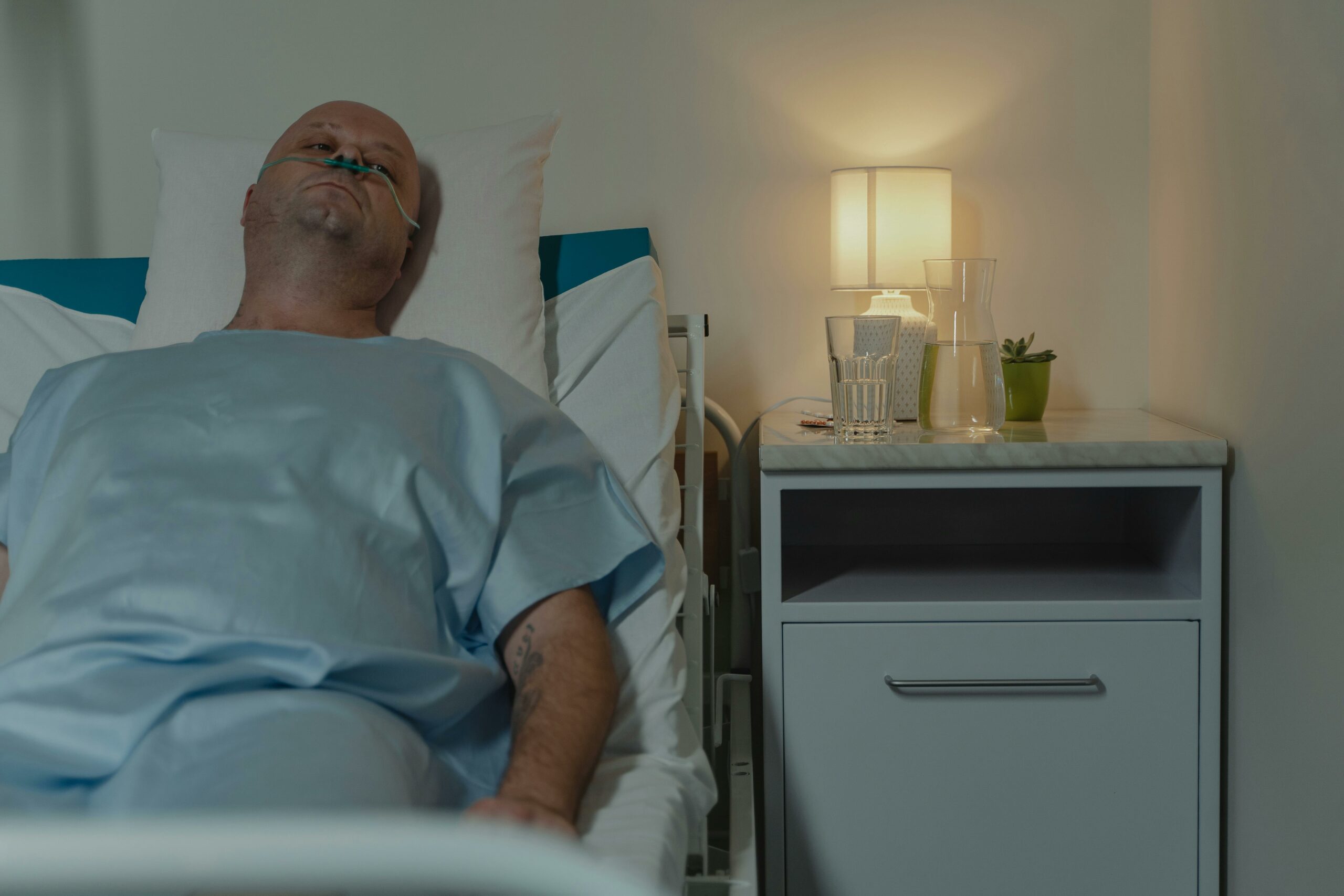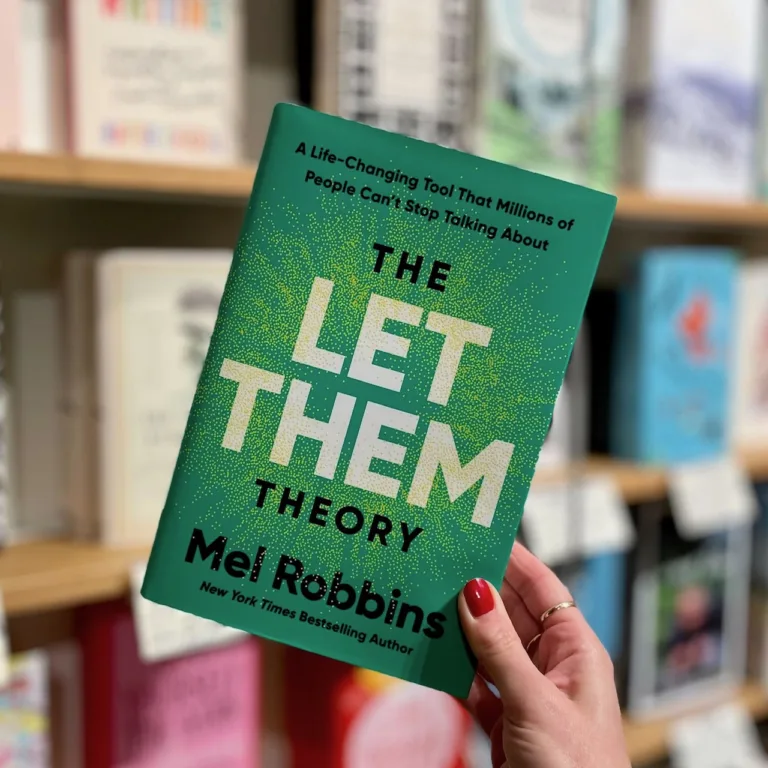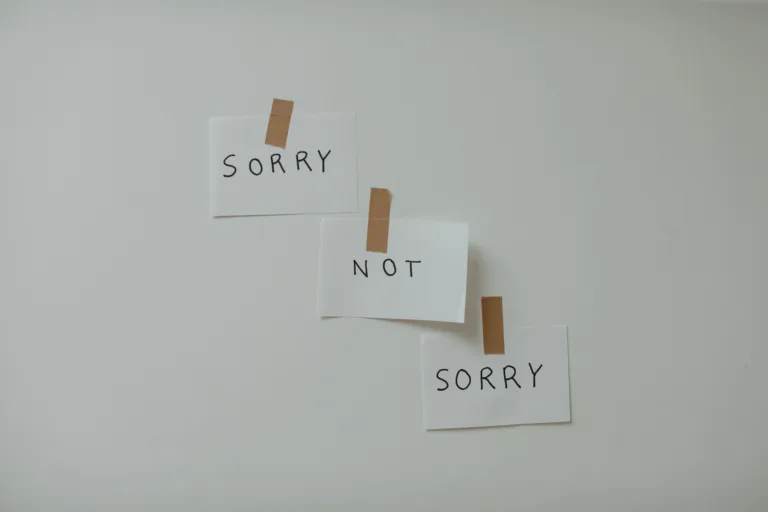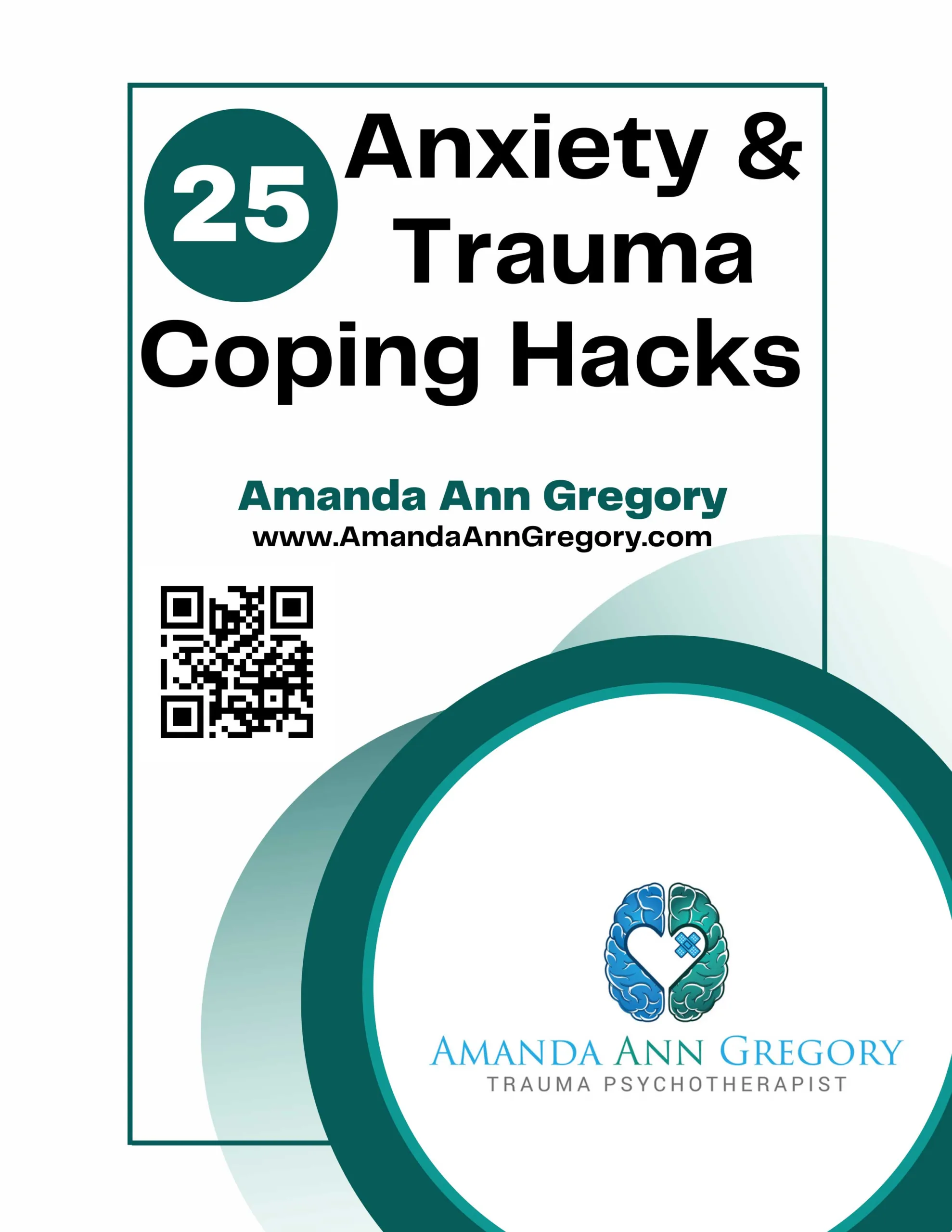“I know that what I am asking is almost too much for you, but without your answer, I cannot die in peace,” said a dying man, begging for forgiveness. The man who sat by his deathbed was silent and eventually walked away, leaving the pleading man to die.
Do you agree with this man’s decision to deny forgiveness to a dying man? Should he have forgiven for the sake of the dying man or perhaps even for himself?
This is the true story of Simon Wiesenthal, a Jew who was imprisoned in a concentration camp when a dying Nazi soldier begged him for forgiveness, and he refused. Does your opinion of his conduct change now that you know he is a trauma survivor and the dying man is his prolific abuser?
Simon Wiesenthal questioned his decision to deny forgiveness. He asked psychiatrists, theologians, political leaders, writers, human rights activists, Holocaust survivors, former Nazis, and victims of attempted genocides to comment on his choice, which he included in his book, The Sunflower: On the Possibilities and Limits of Forgiveness. Some of his contributors wrote that he should have forgiven for his own sake, others stated that he was right to withhold forgiveness, and others did not know.
This lack of agreement among so many different people reflects the lack of agreement in the field of Psychology regarding whether trauma survivors should forgive their abusers.
Some psychology researchers and mental health clinicians report that survivors should forgive their abusers; others say this is not required, and many do not know. After three years of researching and writing my book, You Don’t Need to Forgive: Trauma Recovery on Your Own Terms, I discovered that forgiveness is not necessary for successful trauma recovery and that not only are suppositions to the contrary poorly supported by empirical research, but they are problematic for both ethical and clinical reasons. Yet, despite this lack of evidence, many people continue to believe that trauma survivors must forgive their abusers, especially if they are dying.
Survivors Need Permission to Speak Ill of Their Dying Abusers
We are encouraged not to speak ill or the dead or dying, a sentiment that continues to predominate in our society with little opposition. Like many social stigmas, it doesn’t have much basis in rationality, and its continued acceptance can be harmful to trauma survivors who need to speak honestly about their dying abusers so that they can progress in recovery.
Those who feel uncomfortable when a survivor speaks ill of the dead or dying may intentionally or inadvertently pressure them to forgive so that they can cope with their discomfort. Instead of being silenced and stigmatized, survivors need to be seen, heard, believed and accepted—which may include speaking ill of the dying and denying them forgiveness.
An Abuser’s Death Can Be a Positive Experience
People often assume that when an abuser dies, a survivor will feel resentment, guilt, or remorse if they do not forgive them before they die. However, many survivors anxiously await for their abusers to die and aren’t bothered by their deaths when they occur. Others report feeling positive emotions such as relief, happiness, empowerment, peace, and safety.
If a survivor experiences apathy or positive emotions when their abuser dies, they may not have needed to forgive them at all. Apathetic and positive emotional responses upon an abuser’s death are common in trauma recovery and should be acknowledged and accepted. Unfortunately, some people will pressure survivors to forgive their abusers before they die to cope with their own emotional needs, as opposed to supporting the needs of the survivor.
Forgiveness Doesn’t Adhere to a Deadline
People may pressure survivors to forgive so that their offenders can die in peace. They place the needs of the abuser above those of the survivor, a pattern that is common in society. Sadly, when survivors do not or cannot forgive, they are often villainized and, as a result, feel victimized all over again.
Some forgiveness advocates are focused on the needs of survivors as they believe forgiving their abuser before they die will benefit survivors. However, forgiveness concerning trauma is rarely a quick decision. It is a long, tedious, back-and-forth process with no timeline or deadline. We cannot rush survivors to forgive their abuser, even when their abuser is dying, because genuine forgiveness is less something one does and is more something one undergoes. To attempt to pressure a survivor to forgive with time restraints makes little sense and will not lead to genuine forgiveness. Instead, it is likely to cause more harm to the survivor.
Many trauma survivors have experienced success in trauma recovery. Some have forgiven, others haven’t, while others have never addressed forgiveness.
Would you demand that Simon Wiesenthal forgive his dying abuser? Or would you support Simon in his recovery by accepting that forgiveness is an experience he needs, doesn’t need, or isn’t considered—regardless of the impending death of his abuser?
Purchase my book, You Don’t Need to Forgive

Sign up to get your Free eBook: 25 Anxiety & Trauma Coping Hacks
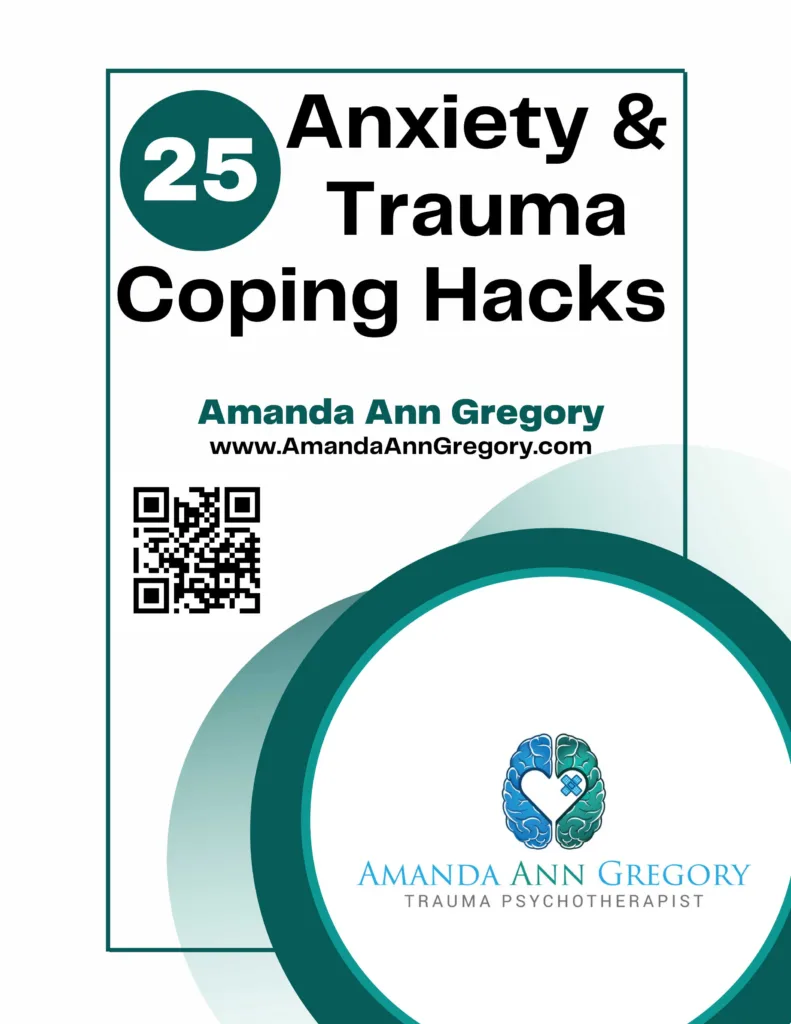
Hire me to speak at your event! Contact Me

